Students from Hong Kong come to NSYSU to conduct a study on Taiwan’s presidential elections and learn about social practice
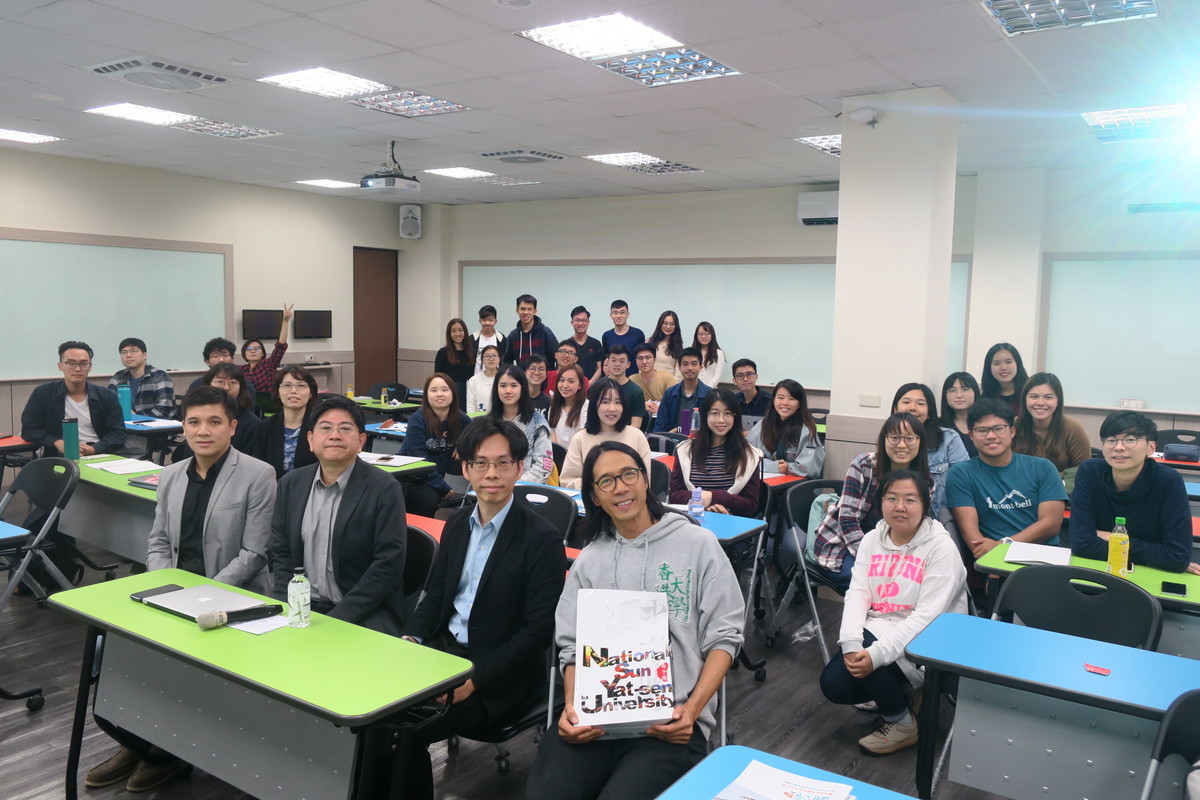
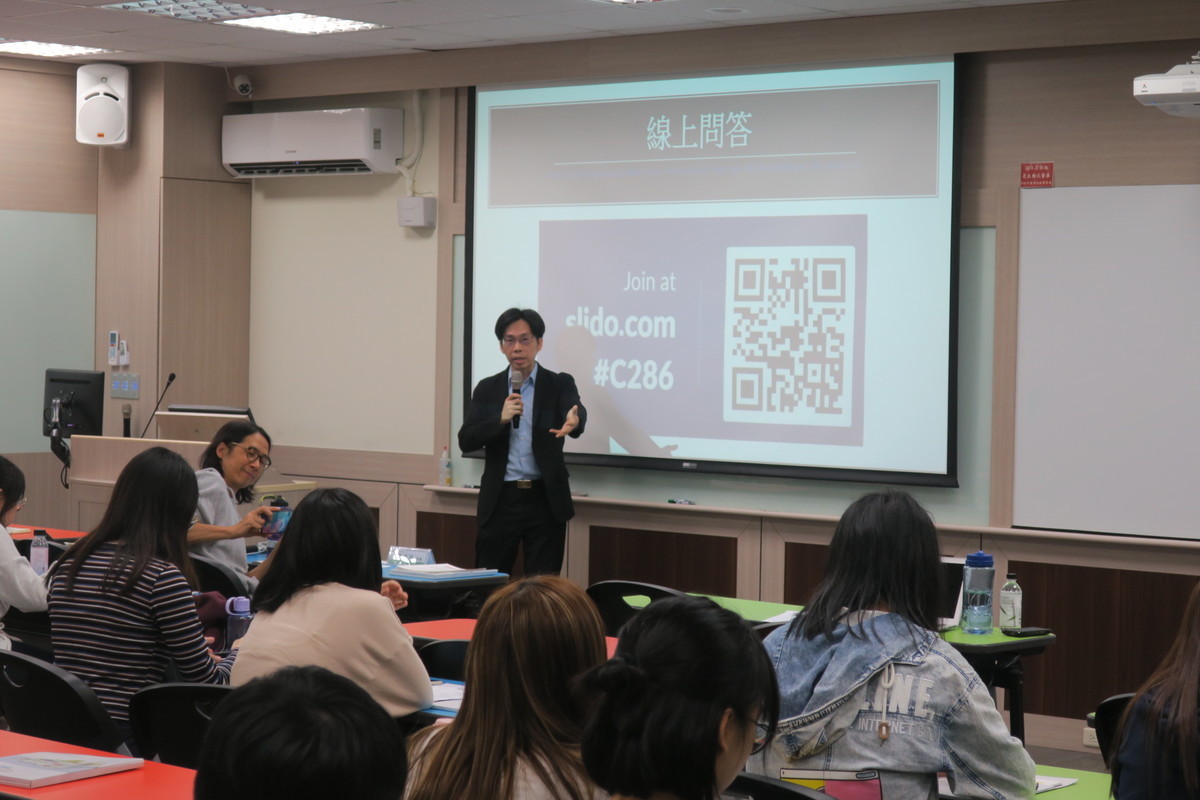
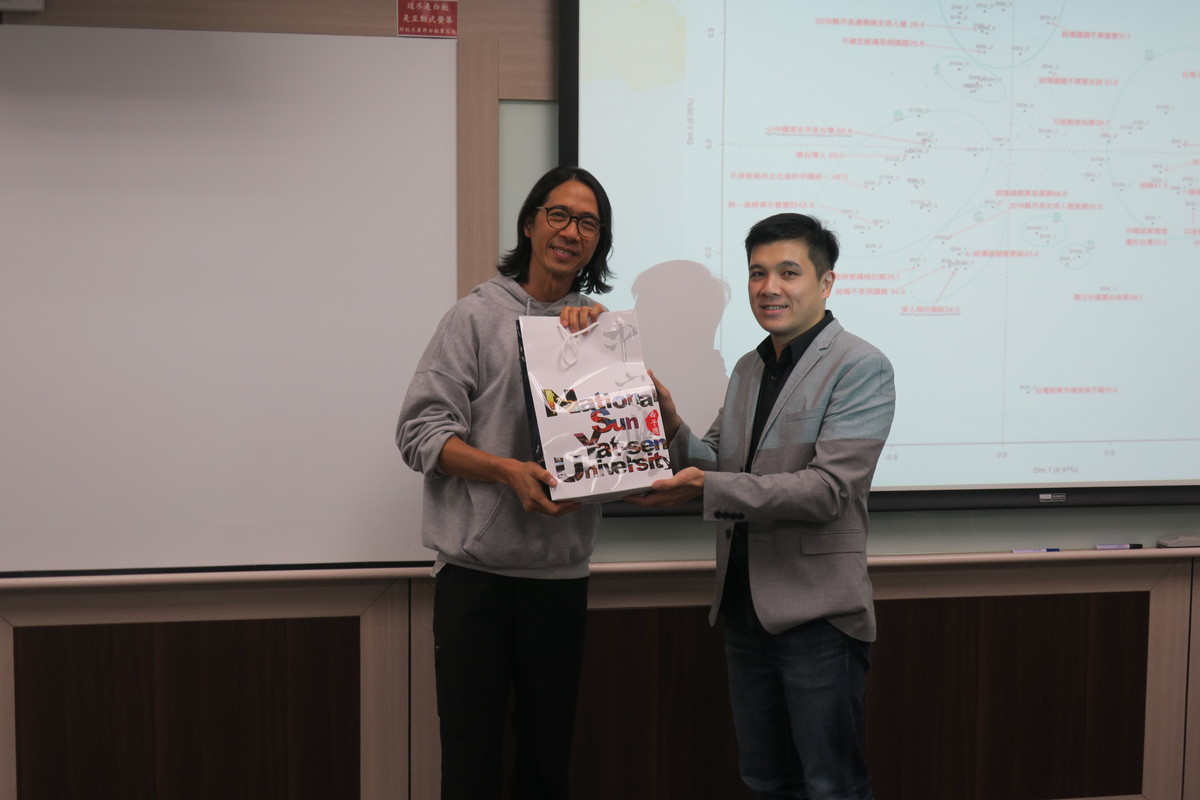
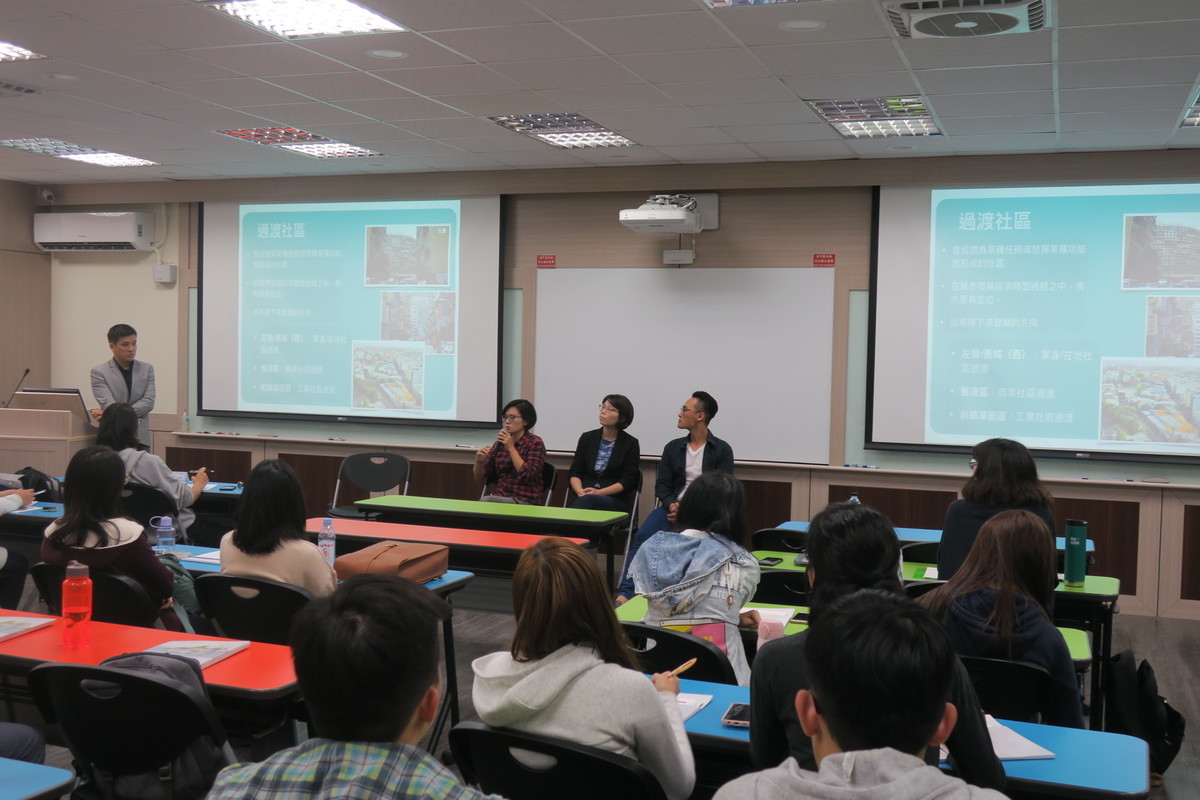
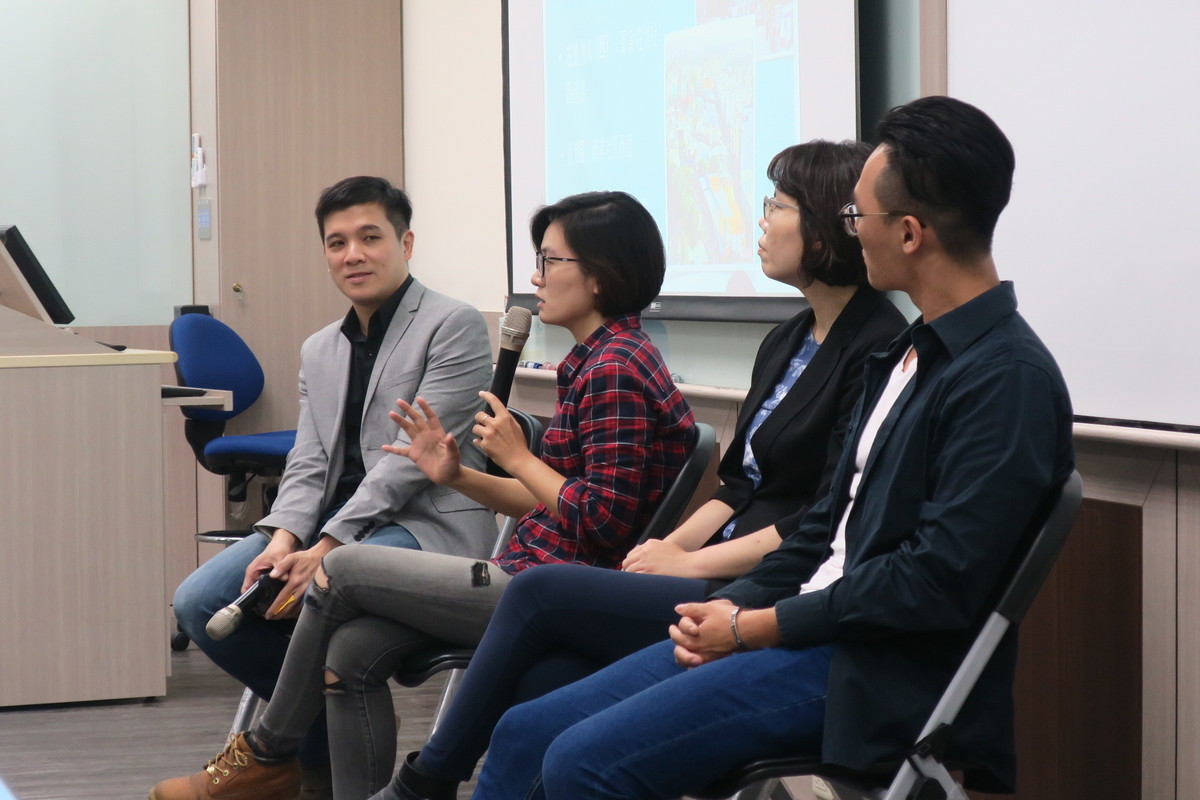
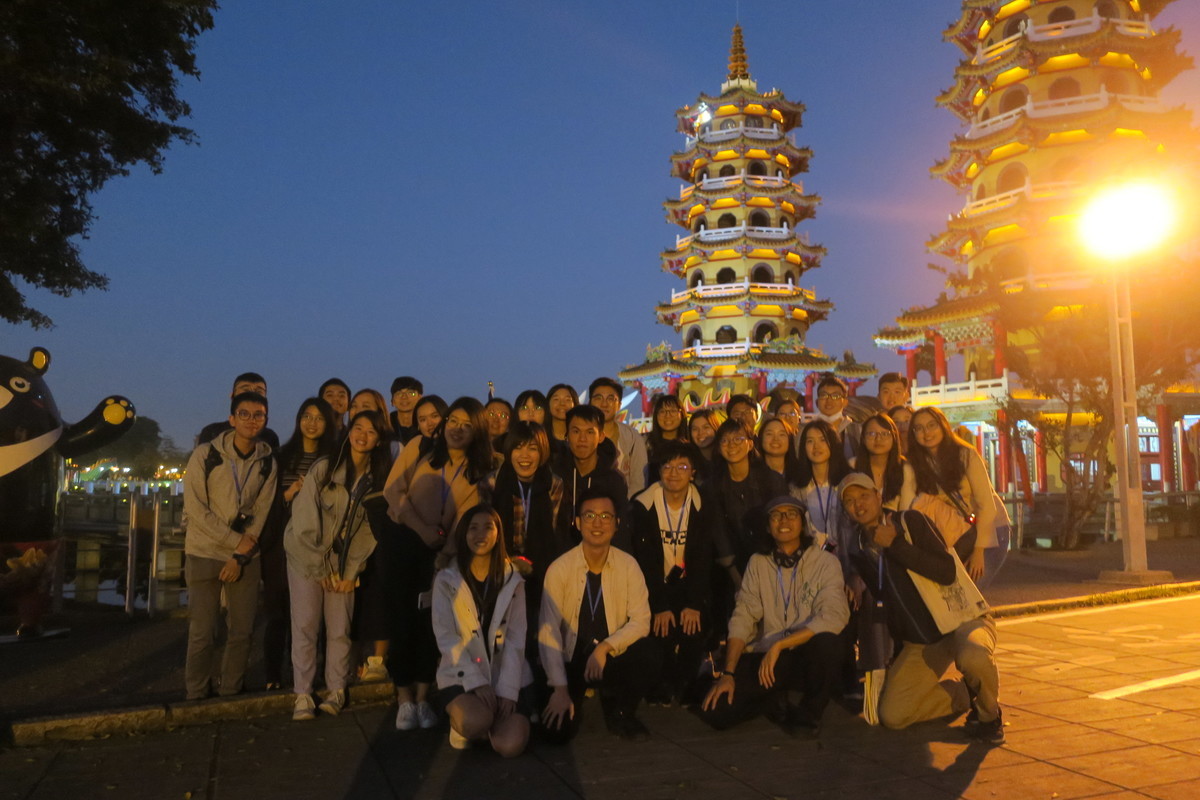
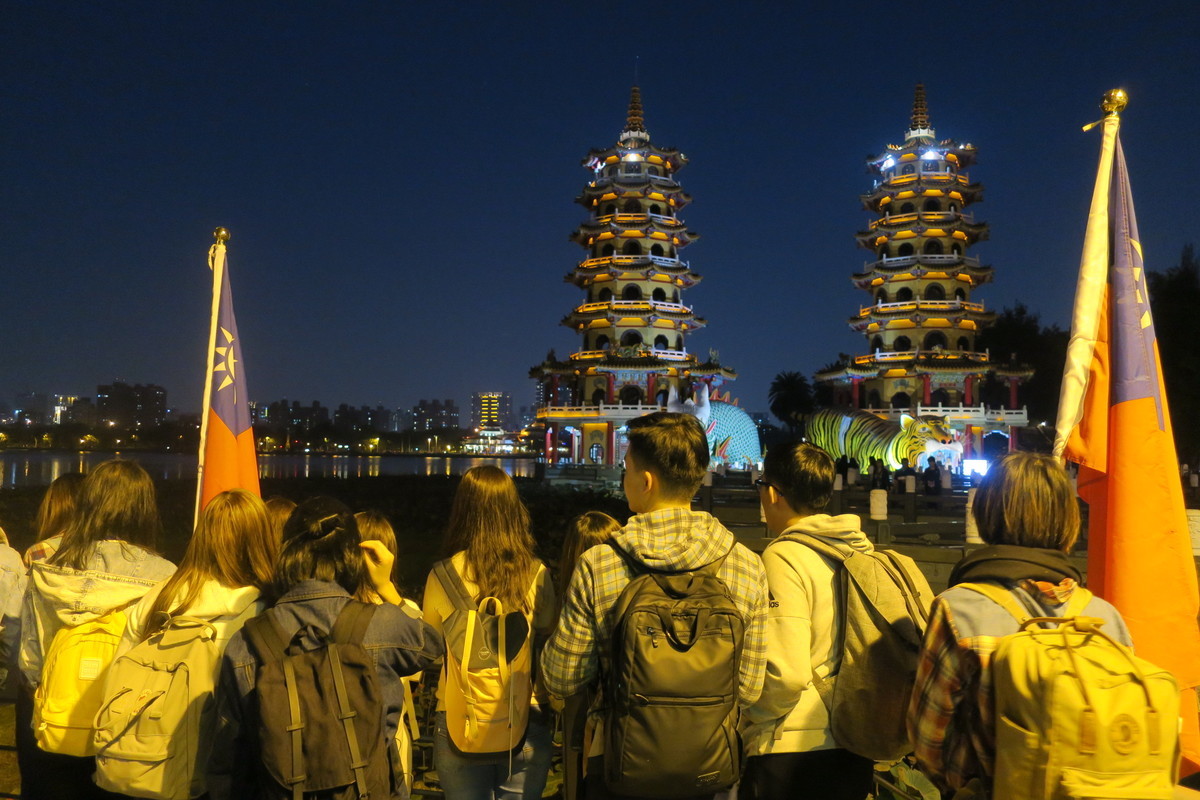
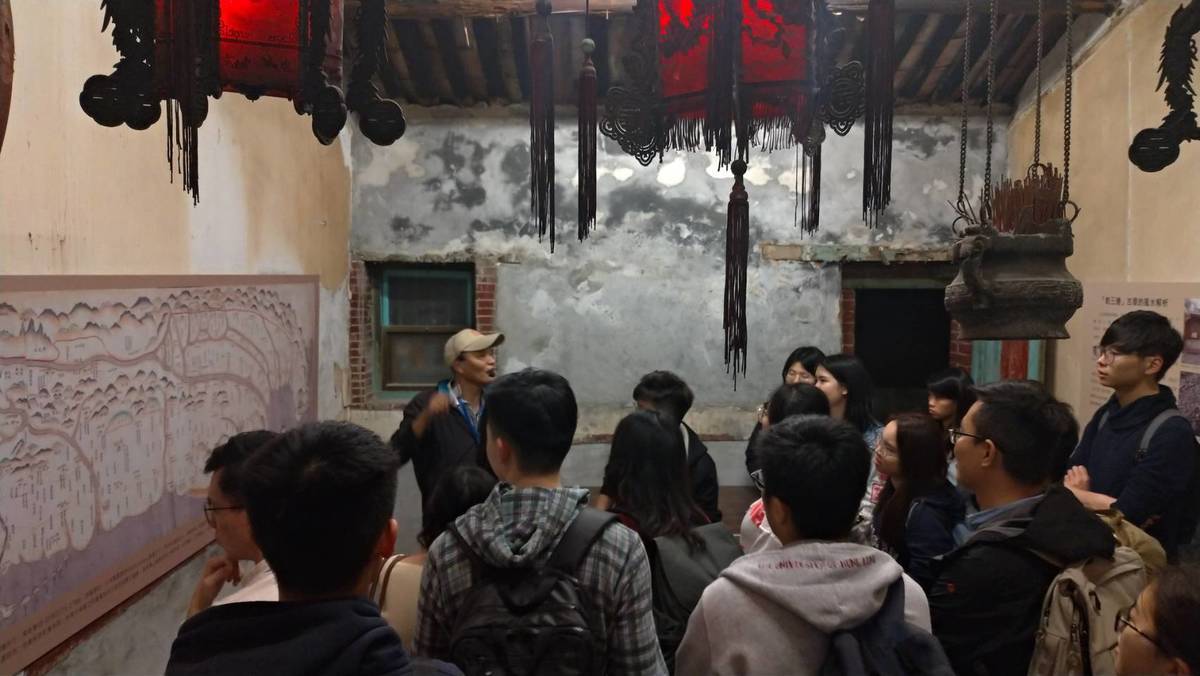
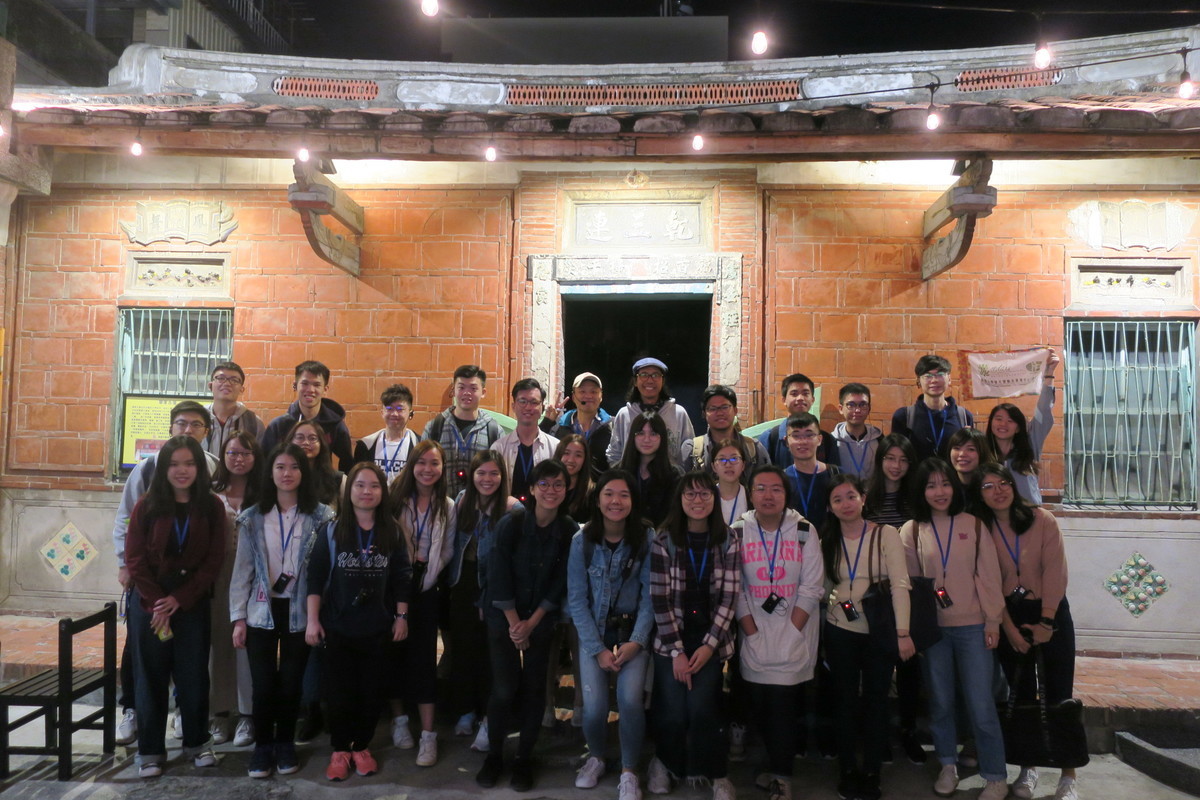
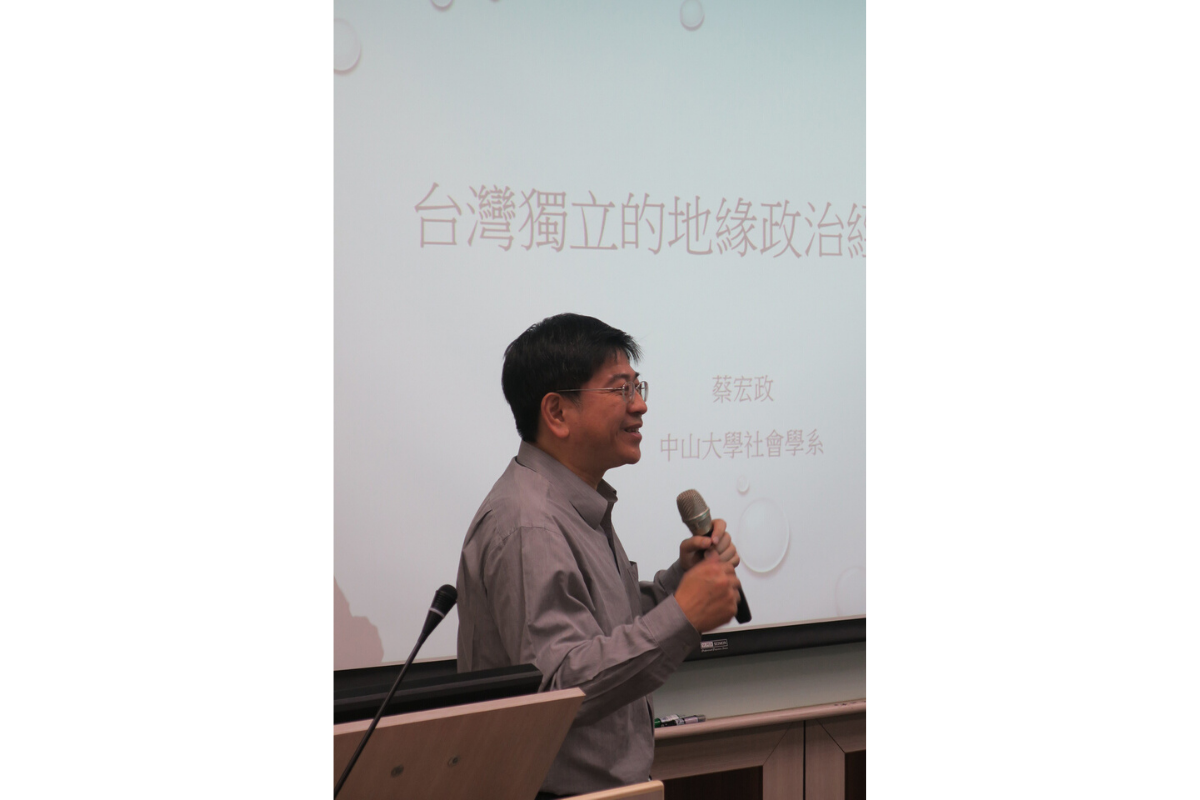
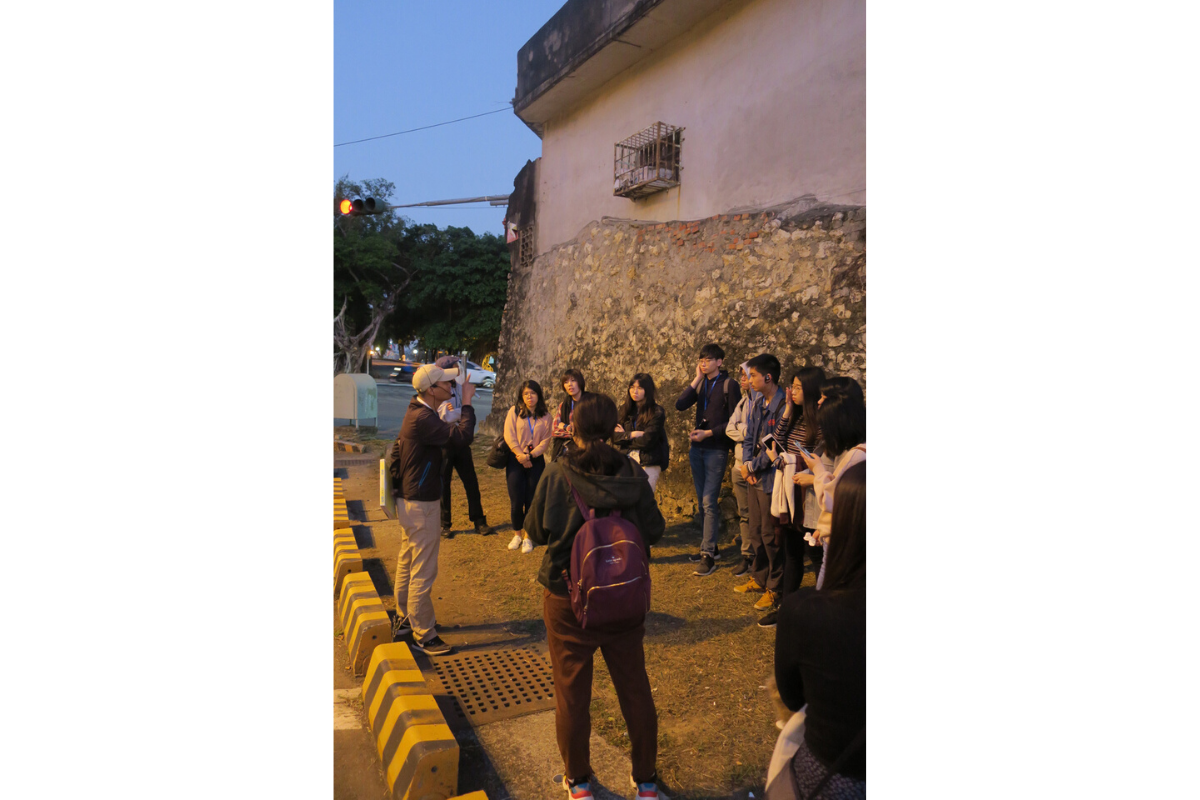
(Provided by Social Engagement Center)
The team of thirty-three students and teachers of the Taiwan Elections Study Tour 2020, Centre of Development and Resources for Students, The University of Hong Kong (HKU), visited Taiwan. The first stop of their tour was National Sun Yat-sen University, where, besides exchanging ideas and learning about the outcome of social practice projects of the University, the team analyzed the importance and uniqueness of this year’s presidential elections in Taiwan together with professor Hung-Jeng Tsai of the Department of Sociology and Director of the Institute of Political Science Cheng-Shan Frank Liu, who reflected on different aspects of the elections.
The Centre of Development and Resources for Students of The University of Hong Kong forms a study group every time presidential elections are held in Taiwan to conduct an on-spot study in Kaohsiung and Taipei. Before departure, the working groups of the team researched different issues and hoped to learn more about the development of the democratic society in Taiwan by studying the election process. HISP Newsletter, published by R.O.C. Ministry of Science and Technology, issued a MOST Humanity Innovation and Social Practice Project report last year – “Crossing Zuoying: roaming around the old city, establishing new ties: crossing the magical old district of Zuoying”. It spurred the interest of The University of Hong Kong for the engagement in social practice projects of Taiwanese academic institutions and resulted in the mentioned exchange.
As regards social practice observations, moderator of the MOST Project at NSYSU and assistant professor at Si-Wan College Shih-Hsiang Sung introduced the history of the development of the Kaohsiung coastline community, the University’s present efforts to nurture three big communities in transition: old Zuoying, Yancheng and Cianjhen-Caoya, social practice experience gained and future prospects. A postdoctoral researcher participating in the MOST Project at NSYSU shared his first-hand observations on nurturing the local community, analysis of how the diverse groups, social classes and generations of the Taiwanese society perceive this year’s presidential elections and what is the impact of the elections on the society. After the exchange session, the NSYSU team took the students and teachers from Hong Kong on a guided tour to the Zuoying District for the guests to discover places of cultural interest in Kaohsiung.
Regarding elections observations, professor Hung-Jeng Tsai undertook the topic of Taiwan independence, explained the influence of China and the United States on the situation in East Asia and showed from a geopolitical perspective why this year’s elections in Taiwan attract so much international attention. He also analyzed the present-day economic situation in China. Director Cheng-Shan Frank Liu put forward his micro-perspective, summarizing ten major perspectives and aspects concerning the 2020 elections that he considers worth observing, supplemented by long-term research on public opinion and voter behavior, and analysis of the influence of mainstream and non-mainstream media on the elections.
Head of General Education, HKU, Wong Chi Chung thanked NSYSU for organizing the event and its numerous benefits to the students and teachers. He mentioned that the lectures of professors Hung-Jeng Tsai and Cheng-Shan Frank Liu included diverse macro and micro perspectives, which will help the students to get a more in-depth and pluralistic knowledge of Taiwanese politics. The visit to the old Zuoying District gave the team a new perspective on the role of universities in social practice.
Moderator of the project Shih-Hsiang Sung said, that democracy is nothing easy and that the quality of Taiwan’s democracy is steadily improving with every election. He hopes that the team of students and teachers from Hong Kong, besides experiencing the atmosphere of the elections in Taiwan thanks to close-up observations, will also understand how people express opinions during every election and how the whole society interacts in a larger perspective.
(Edited by Public Affairs Division)
The team of thirty-three students and teachers of the Taiwan Elections Study Tour 2020, Centre of Development and Resources for Students, The University of Hong Kong (HKU), visited Taiwan. The first stop of their tour was National Sun Yat-sen University, where, besides exchanging ideas and learning about the outcome of social practice projects of the University, the team analyzed the importance and uniqueness of this year’s presidential elections in Taiwan together with professor Hung-Jeng Tsai of the Department of Sociology and Director of the Institute of Political Science Cheng-Shan Frank Liu, who reflected on different aspects of the elections.
The Centre of Development and Resources for Students of The University of Hong Kong forms a study group every time presidential elections are held in Taiwan to conduct an on-spot study in Kaohsiung and Taipei. Before departure, the working groups of the team researched different issues and hoped to learn more about the development of the democratic society in Taiwan by studying the election process. HISP Newsletter, published by R.O.C. Ministry of Science and Technology, issued a MOST Humanity Innovation and Social Practice Project report last year – “Crossing Zuoying: roaming around the old city, establishing new ties: crossing the magical old district of Zuoying”. It spurred the interest of The University of Hong Kong for the engagement in social practice projects of Taiwanese academic institutions and resulted in the mentioned exchange.
As regards social practice observations, moderator of the MOST Project at NSYSU and assistant professor at Si-Wan College Shih-Hsiang Sung introduced the history of the development of the Kaohsiung coastline community, the University’s present efforts to nurture three big communities in transition: old Zuoying, Yancheng and Cianjhen-Caoya, social practice experience gained and future prospects. A postdoctoral researcher participating in the MOST Project at NSYSU shared his first-hand observations on nurturing the local community, analysis of how the diverse groups, social classes and generations of the Taiwanese society perceive this year’s presidential elections and what is the impact of the elections on the society. After the exchange session, the NSYSU team took the students and teachers from Hong Kong on a guided tour to the Zuoying District for the guests to discover places of cultural interest in Kaohsiung.
Regarding elections observations, professor Hung-Jeng Tsai undertook the topic of Taiwan independence, explained the influence of China and the United States on the situation in East Asia and showed from a geopolitical perspective why this year’s elections in Taiwan attract so much international attention. He also analyzed the present-day economic situation in China. Director Cheng-Shan Frank Liu put forward his micro-perspective, summarizing ten major perspectives and aspects concerning the 2020 elections that he considers worth observing, supplemented by long-term research on public opinion and voter behavior, and analysis of the influence of mainstream and non-mainstream media on the elections.
Head of General Education, HKU, Wong Chi Chung thanked NSYSU for organizing the event and its numerous benefits to the students and teachers. He mentioned that the lectures of professors Hung-Jeng Tsai and Cheng-Shan Frank Liu included diverse macro and micro perspectives, which will help the students to get a more in-depth and pluralistic knowledge of Taiwanese politics. The visit to the old Zuoying District gave the team a new perspective on the role of universities in social practice.
Moderator of the project Shih-Hsiang Sung said, that democracy is nothing easy and that the quality of Taiwan’s democracy is steadily improving with every election. He hopes that the team of students and teachers from Hong Kong, besides experiencing the atmosphere of the elections in Taiwan thanks to close-up observations, will also understand how people express opinions during every election and how the whole society interacts in a larger perspective.
(Edited by Public Affairs Division)
Click Num:
Share
